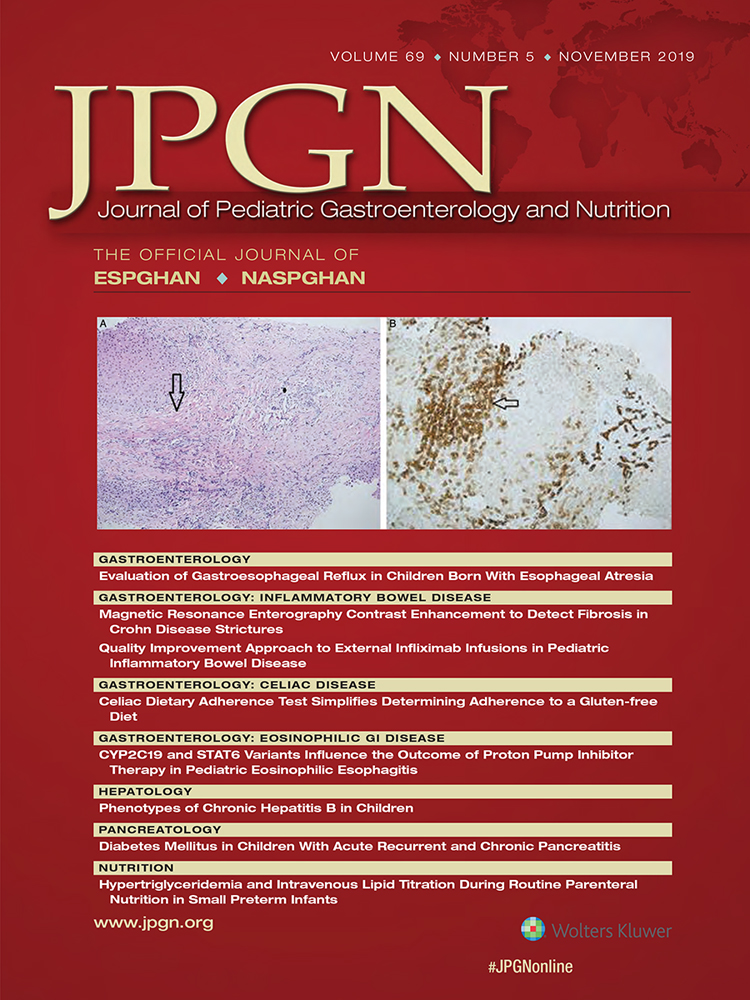Vitamin D Supplementation and T Cell Regulation in Preterm Infants
A Randomized Controlled Trial
www.ClinicalTrials.gov registration number: NCT03793309.
The authors report no conflicts of interest.
ABSTRACT
The objective of this study was to evaluate the effect of 2 different doses of vitamin D on the expression of T regulatory cells (Treg) in premature infants. A double-blind randomized controlled trial was conducted on preterm infants born with gestational age between 280/7 and 336/7 weeks. Subjects were randomly assigned to receive 400 or 800 IU/day of vitamin D3 when they achieved 100 mL/kg of enteral feeds. Percentage increase in Treg cell counts were measured by flow cytometry at enrollment, and after 1 and 4 weeks of oral vitamin D supplementation at the allotted doses in both groups. Short-term morbidity and mortality outcomes were also assessed. A total of 40 infants were enrolled, 20 in each group. The change in Treg count (%) was significantly less in the low-dose vitamin D3 supplementation group after 1 week (1.9 ± 5.5 vs 60 ± 5.6, P = 0.0005) and after 4 weeks (1.8 ± 5.7 vs 73.7 ± 5.6, P = 0.0028). The 2 groups did not differ in anthropometric measurements, duration of oxygen and respiratory support, and mortality. Length of hospital stay was longer in the low-dose group (24.9 ± 5.14 vs 22 ± 3.49, P = 0.04). Oral vitamin D supplementation has a dose and time dependent effect on percentage of Treg in infants born prematurely. The 800 IU dose of vitamin D3 did not have apparent short-term side effects. Larger studies are needed to explore the effect of vitamin D3 dosing on length of hospital stay.




